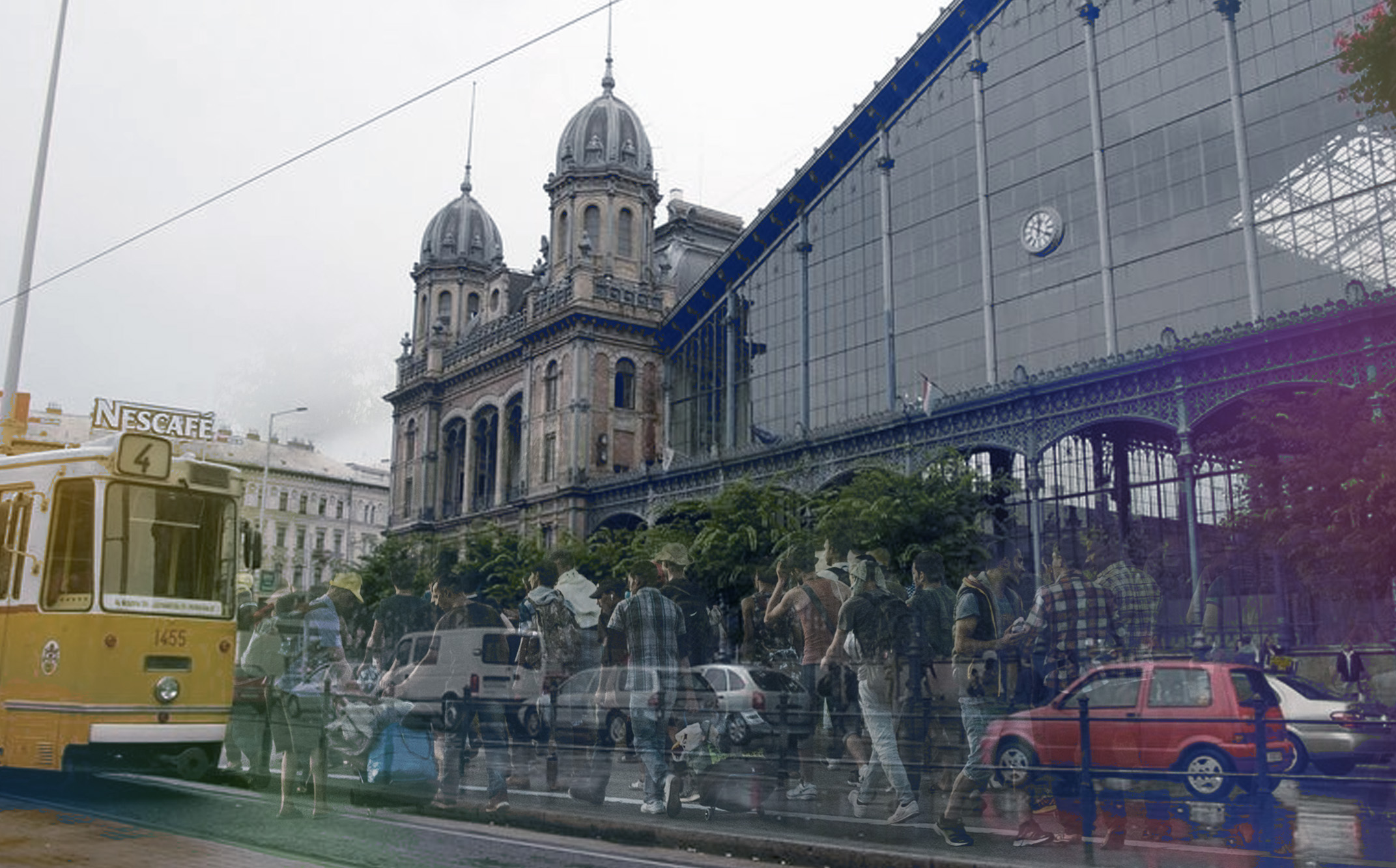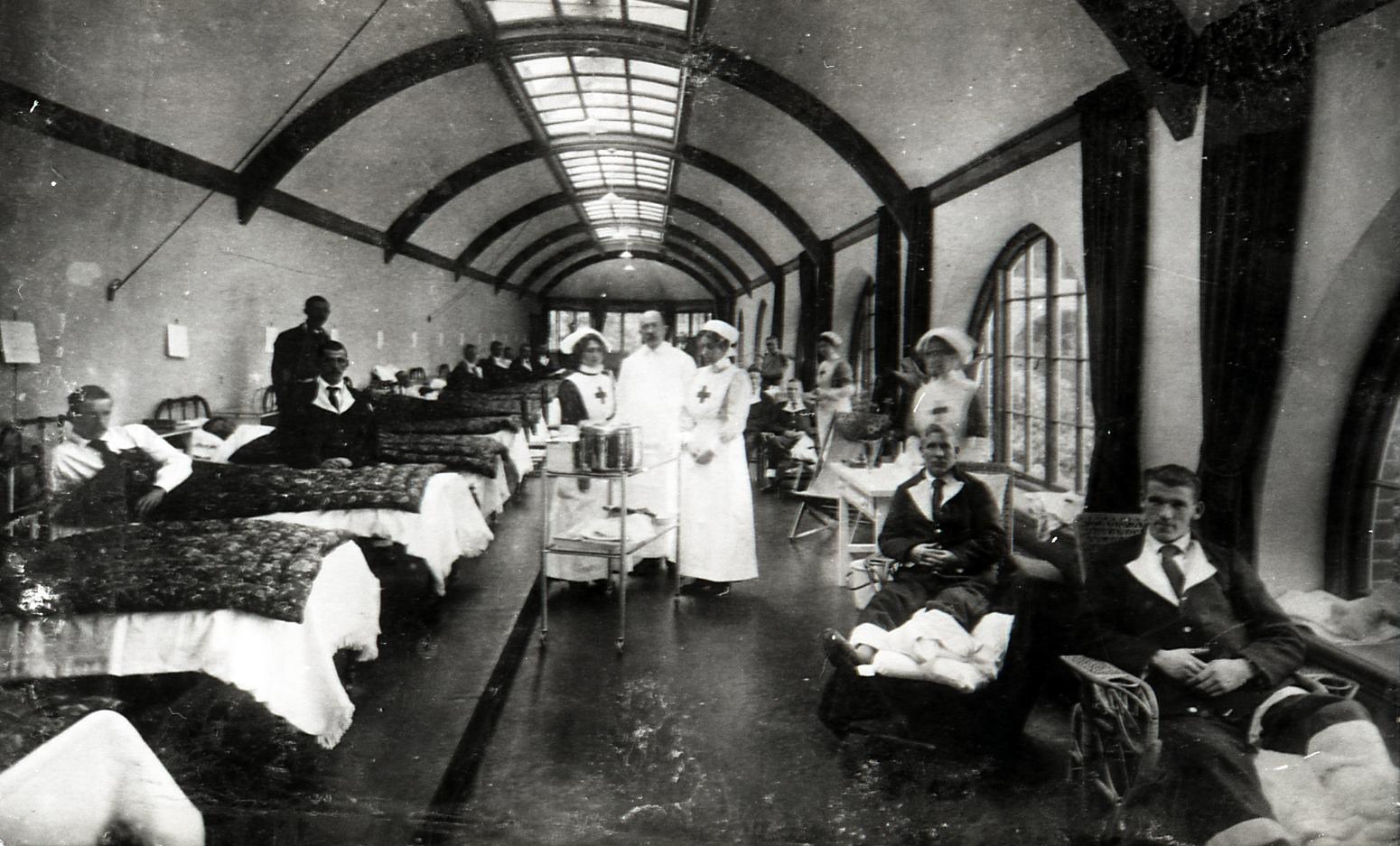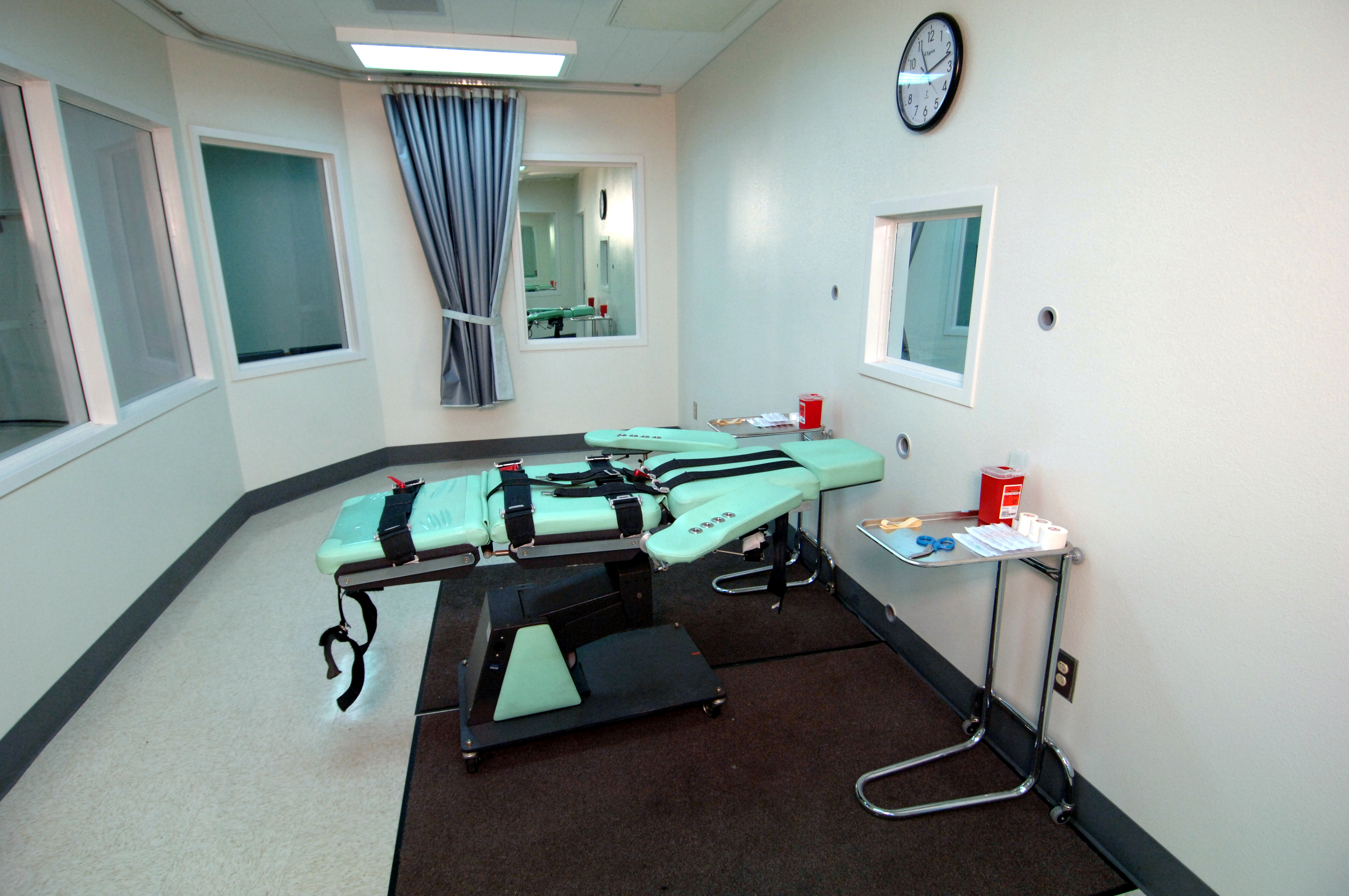
Beyond the Numbers
In Budapest, a city of some 1.7 million people, life goes on apparently as normal. Locals and tourists bustle about in the wide avenues, and the dramatic scenes of a couple of weeks ago—crowds of migrants flooding around Keleti Station or through the streets—have largely subsided. But, beneath the surface, the political effects of the European migrant crisis are quietly making themselves felt.
Dr Irina Molodikova, who heads the Project on Migration and Security at Budapest’s Central European University, remembers watching from her window as a crowd of migrants moved through the street below a few days ago. In her airy seventh-floor office, she explains how, in her view, many people in Europe have been slow to appreciate the nuances of the situation. It is easy to forget, she says, that most Syrian migrants want to return home, and will do so as soon as it is safe there.
Hungary, governed since 2010 by Viktor Orbán’s Fidesz party, has been heavily criticised for its responses to the migrant crisis, which have included building a barbed-wire border fence and deploying military troops. When I ask her if this is the right policy, Molodikova pauses, before softly avowing, “No,” in her native Russian. All the same, she believes that Hungary cannot accommodate many Syrians. She mentions Hungary’s Muslim population is “absolutely tiny, tiny, and absolutely diverse. It is not a [unified] community”, and implies that this will make it difficult for the refugees to settle in the country.
Molodikova says that a blunt quota system will not work, arguing instead that the migrants should be allowed to go where there are existing expatriate communities that can support them. Of the migrants encamped at Calais, she says that “the reason why they choose the UK is very simple: because they already have relatives there, and they understand that their integration will be much easier with the support of their relatives.” Hungary, she claims, is not on the whole an attractive place for the migrants to seek asylum: “The language is not familiar. They speak, usually, French, they speak German, they speak English; they have a diaspora in other countries. And this country, for them, is not a destination.” But if this is true, it is unclear why the Hungarian government should shut its borders against people who have little desire to stay in Hungary.
The day after I speak to Molodikova, I see a local woman being accosted by a tourist with an American accent. “Why do you Hungarians hate the Syrians so much?”, she is asked. The woman, whose name is Gerda Pohanka, replies that it is not a matter of anyone hating the Syrians—things are more complicated. Later, she explains to me: “What the government did [in drafting in the Army and building a fence]—I think it wasn’t a correct thing. … But we cannot save the world in here.”
Gerda says that for some in Hungary—“for example, my grandmother”—the sudden increase in migration is “a quite big shock”. To them, “it’s not normal that so many people are around here.” She is worried that “the Hungarian government could make quite nice propaganda on the thing, that they [the migrants] are different.”
President Orbán is an astute political operator who, in 2010, upset the European political establishment by offering Hungarian nationality to ethnic Hungarians who live in other countries. He is trying to protect his party’s majority against an increasingly popular far-right nationalist party, Jobbik. Recently, Orbán made a speech that was interpreted as trying to stir up ethnic tension by conflating the new migrants with Hungary’s large Roma population. The Roma mayor of Acs resigned from Fidesz in protest.
Gerda has no doubt that Orbán is using the migrant crisis to distract attention from his government’s failings in other areas. “The Hungarian government is really good at using any kind of elements of news … with these things, they can hide more important problems.” A weary acceptance of this political expediency seems the norm. “Idealism?” laughs Dr Irina Molodikova. “I do not think that politicians are so naïve.”
With thanks to Chloe St George, with whose help and advice I conducted the interviews.







